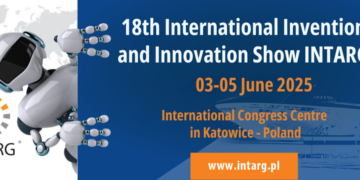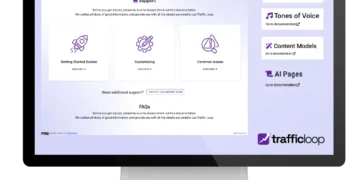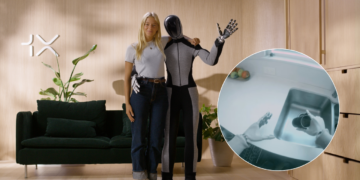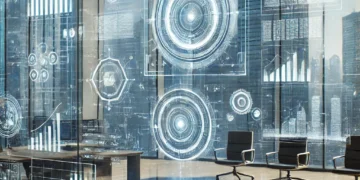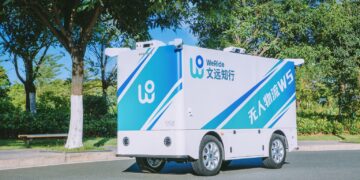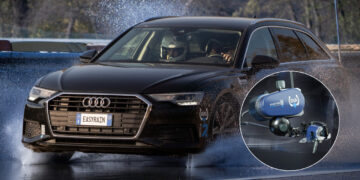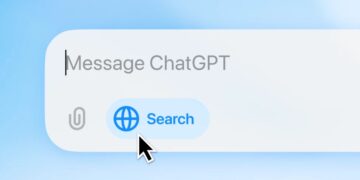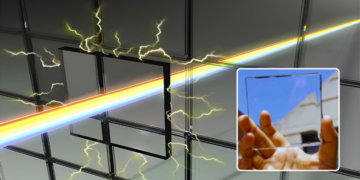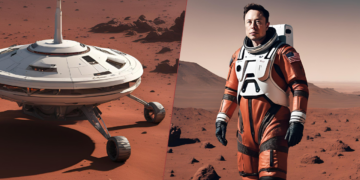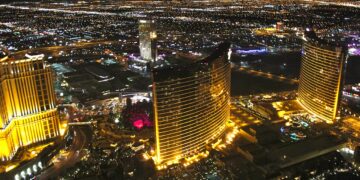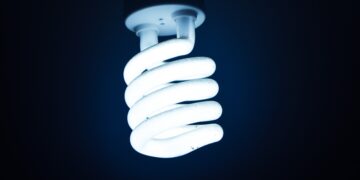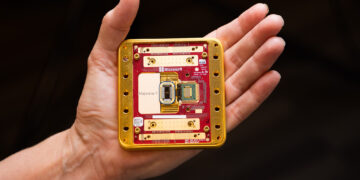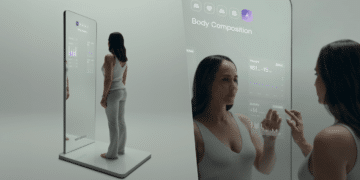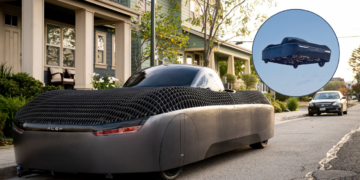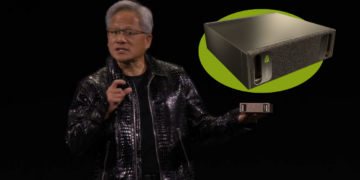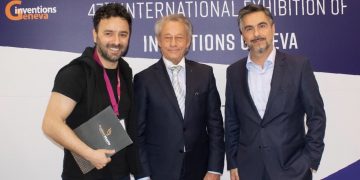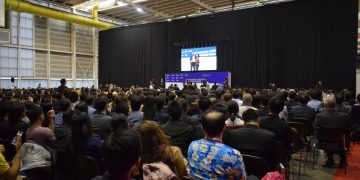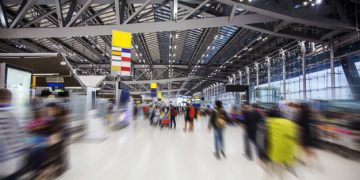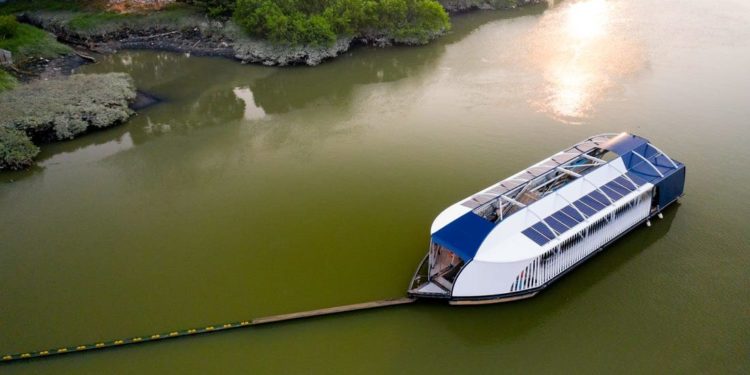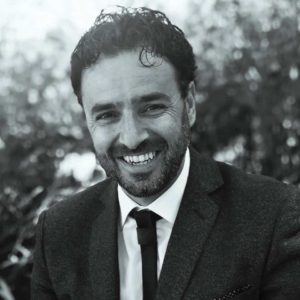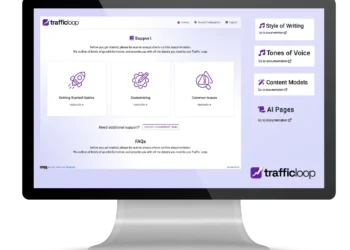Intercepting and removing plastic from rivers before it goes to sea: this is the mission of Interceptor, the new anti-pollution barrier designed by Boyan Slat.
Plastic is one of the most harmful elements to the health of the oceans of our planet. According to a recent WWF study, at least 8 million tons of plastic end up in the sea every year and it is estimated that more than 150 million tons of plastic are lost in the world’s oceans. Most of the plastic that spills into the sea comes from rivers. Watercourses are the main arteries of pollutants and transport between 0.8 and 2.7 million tonnes of waste each year. To prevent all this from reaching the sea – where it is very difficult and expensive to collect waste – the startup The Ocean Clean Up has decided to “intervene upstream”. The idea is simple: intercept and remove plastic from rivers before it goes to sea. To put this intuition into practice, the engineers at the startup designed and developed Interceptor, a barrier capable of collecting 50,000 kilograms of waste per day. “To really free the oceans of plastic – said Boyan Slat, founder of the startup The Ocean Clean Up – we must both remove the one already present and close the tap, preventing other plastic from reaching the oceans. To do this we will combine our ocean cleaning technology with Interceptor, now there are solutions to solve both sides of the equation”.
https://www.instagram.com/p/B4HgwZNH9n2/
Interceptor: an “intelligent” barrier against plastic in rivers
Interceptor is a machine of impressive dimensions with an appearance similar to a catamaran. The structure is anchored to the bottom of the river and uses the natural flow of the current to intercept the plastic, both floating and submerged. The waste is collected and channelled towards a conveyor belt inside the barrier. Here the materials are sorted into six bins which, thanks to sensors, are automatically filled to the brim. Once the storage threshold of 50 m³ of waste has been reached, the Interceptor automatically stops and must be emptied before it can be used again. This is the only human intervention: the anti-pollution barrier has been designed to operate in complete autonomy and is 100% powered by solar energy. Interceptor was presented in Rotterdam on 26 October and, at the moment, there are 4 “examples”. Two are already in operation in Jakarta (Indonesia) and Klang (Malaysia), a third is about to be installed in the Mekong Delta (Vietnam) and the fourth is intended to clean up the river waters of Santo Domingo (Dominican Republic).



